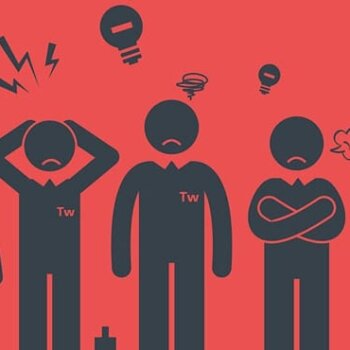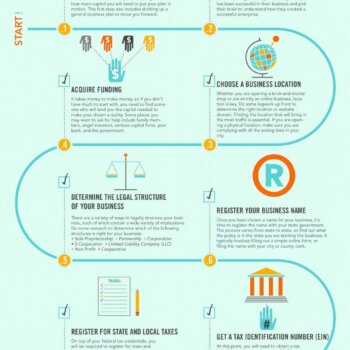“Culture is a thousand things, a thousand times. It’s living the core values when you hire; when you write an email; when you are working on a project; when you are walking in the hall. We have the power, by living the values, to build the culture. We also have the power, by breaking the values, to fuck up the culture. Each one of us has this opportunity, this burden. Why is culture so important to a business? Here is a simple way to frame it. The stronger the culture, the less corporate process a company needs. When the culture is strong, you can trust everyone to do the right thing. People can be independent and autonomous. They can be entrepreneurial.”
–Brian Chesky, CEO of Airbnb
Airbnb considers culture—“a shared way of doing something with passion”—their number one priority. As they see it, even if their product completely changes 100 years from now, their culture will sustain them. To build a culture that will stand the test of time like Airbnb’s, follow these three simple rules:
- Always go back to your core values. Everyone has the power to build or break the culture, whether that’s through writing an email or working on a project. But no matter what the activity, Airbnb checks in with their commandments to make sure they’re remaining true
- Let process grow from culture. When everyone has core values in the back of their minds, processes grow naturally from trust, rather than a rulebook. With a strong culture, employees will feel a real sense of autonomy, hold each other accountable, and support each other.
- Remember that the worst times pass. As a rapidly growing company, it’s easy to feel outside pressure, whether that’s through government regulation or intense profit expectations. Airbnb knows that culture will outlast any speed bump, so sticking to their values will help them get through the worst of times rather than chasing temporary goals.
Takeaway: Culture can’t just be a poster, or a one-time meeting; it’s a way of doing things that is reinforced (or diluted) every day. To make sure you’re encouraging the right behavior, think about culture on a longer timespan: what should your team be doing 10 or 20 years from now?
___________________________________________________
About the Author
This article was produced by NOBL, an organizational design firm. They unleash the creativity and capability of teams through new ways of working.





























